Log in
Statistics
We have 477 registered usersThe newest registered user is гераскинс
Our users have posted a total of 48009 messages in 7050 subjects
THAT’S ENTERTAINMENT
CLICK ON ANY OF THESE LINKS TO FIND OUR EXTREME ENTERTAINMENT
UPDATED :
71 WGT TUTORIALS & 32 YOUNG46 TUTORIALS
CLICK HERE TO SEE OVER 100 YOUTUBE VIDEO TUTORIALS . FROM WGTers , WGT & YOUNG46 FORUM UPDATE
TO THE MANY WELCOME GUESTS . THIS FORUM IS NO LONGER A COUNTRY CLUB WEBSITE FOR A WGT COUNTRY CLUB . PLEASE FEEL FREE TO READ THE FORUMS.
THERE ARE MANY TOPICS OF INTEREST . OR NOT . THIS WEBSITE IS AN INFORMATION AND ENTERTAINMENT WEBSITE ONLY .
MUCH OF THE CONTENT IS ARCHIVES OF PURPOSES PAST .
THERE ARE SOME MORE CURRENT TOPICS .
REGISTRATION IS NOT NECESSARY TO READ THROUGHOUT .
REGISTRATION IS EASY AND FREE . THIS IS AN AD FREE WEBSITE . NOTHING IS EVER REQUESTED FROM REGISTERED MEMBERS .
REGISTRATION ENABLES COMMENTING ON TOPICS . POSTING NEW TOPICS . FULL ACCESS TO THE WEBSITE IMAGE HOST . WHICH IS A VERY COMPLETE AND CONVENIENT TOOL .
PLEASE ENJOY .
TIER & AVERAGE REQUIREMENTS
BASIC LEVEL AND AVERAGE REQUIREMENTS , AND SATURATION
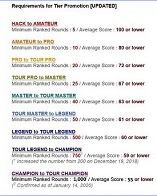
WHILE YOUR HERE
WHILE YOUR HERE :
CHECK OUT THE INCREDIBLE PHOTOGRAPHY IN
MY SERIES
THIS USED TO BE THE HOME OF OUR WORLD CLOCK . WHICH CAN NOW BE FOUND IN ITS OWN FORUM ON THE MAIN PAGE ..
THERE ARE MORE WORLD CLOCKS INSIDE HERE .
WORLD CLOCK
FB Like
HISTORY FACTS * That time the U.S. banned the greatest thing ever *
Page 1 of 1
 HISTORY FACTS * That time the U.S. banned the greatest thing ever *
HISTORY FACTS * That time the U.S. banned the greatest thing ever *
That time the U.S. banned the greatest thing ever

Sliced bread was first sold commercially in 1928 and quickly grew into a culinary sensation — until its rise came to an abrupt halt when it was briefly banned 15 years later. On January 18, 1943, amid World War II, U.S. Secretary of Agriculture Claude R. Wickard announced a ban on selling sliced bread in an effort to conserve wartime resources. The government hoped this ban would preserve the country’s supply of alloyed steel (used to build slicing machines) and wax paper (used to both wrap sliced bread, which required thicker wrapping than unsliced loaves, and protect military equipment from the elements). It was a common practice to ask Americans back home to ration goods in the name of the war effort, but the ban on sliced bread was met with furious and immediate backlash.
U.S. housewives in particular were dismayed over the ban. One woman named Sue Forrester wrote to The New York Times, “I should like to let you know how important sliced bread is to the morale and saneness of a household.” While hotels and restaurants were given a 60-day grace period to prepare, bakeries weren’t so lucky, and saw sales decline up to 10% while facing sizable fines for defying the ban. Given the ration’s widespread unpopularity, many government bureaucrats played dumb and refused to admit being involved, pointing fingers at others instead. Wickard finally rescinded the ban on sliced bread on March 8, 1943, claiming, “The savings are not as much as we expected,” while conveniently neglecting to acknowledge any public outcry.
Related:During WWII, the U.S. coded messages in the Navajo language.
DID YOU KNOW?
In 1864, a Nevada merchant named Reuel Colt Gridley auctioned off a single sack of flour over and over again, raising a staggering sum for the U.S. Sanitary Commission (a precursor to the Red Cross). It all began after Gridley lost a friendly wager and was forced to carry a 50-pound sack of flour through town. He took the defeat in stride, decorating the sack with red, white, and blue ribbons and parading it around accompanied by a marching band. The spectacle attracted a crowd, and it was eventually suggested that Gridley auction off the famed flour sack to raise funds for charity. The winner paid $250, but didn’t actually want the flour, and suggested Gridley auction the sack again. The process repeated itself, and Gridley raised more than $5,000 by day’s end. In the weeks that followed, he traveled across the country holding auctions for the flour sack, raking in more than $275,000 (about $5.4 million today) for the cause. The flour was ultimately used to bake cakes at the 1864 Sanitary Fair in St. Louis.

The U.S. once banned sliced bread.
Sliced bread was first sold commercially in 1928 and quickly grew into a culinary sensation — until its rise came to an abrupt halt when it was briefly banned 15 years later. On January 18, 1943, amid World War II, U.S. Secretary of Agriculture Claude R. Wickard announced a ban on selling sliced bread in an effort to conserve wartime resources. The government hoped this ban would preserve the country’s supply of alloyed steel (used to build slicing machines) and wax paper (used to both wrap sliced bread, which required thicker wrapping than unsliced loaves, and protect military equipment from the elements). It was a common practice to ask Americans back home to ration goods in the name of the war effort, but the ban on sliced bread was met with furious and immediate backlash.
U.S. housewives in particular were dismayed over the ban. One woman named Sue Forrester wrote to The New York Times, “I should like to let you know how important sliced bread is to the morale and saneness of a household.” While hotels and restaurants were given a 60-day grace period to prepare, bakeries weren’t so lucky, and saw sales decline up to 10% while facing sizable fines for defying the ban. Given the ration’s widespread unpopularity, many government bureaucrats played dumb and refused to admit being involved, pointing fingers at others instead. Wickard finally rescinded the ban on sliced bread on March 8, 1943, claiming, “The savings are not as much as we expected,” while conveniently neglecting to acknowledge any public outcry.
Related:During WWII, the U.S. coded messages in the Navajo language.
You may also like
- Revealing Facts About 5 Celebrated Painters
- 5 Facts About England’s Elizabethan Era
- Unforgettable Moments in Baseball History
By the Numbers
Year Wonder Bread debuted1921
Slices of bread cut by the first mechanical bread slicer29
Age (in years) of the oldest bread crumb ever discovered14,400+
Weeks the ban on sliced bread lasted7
DID YOU KNOW?
A sack of flour was auctioned off for over $275,000 in 1864.
In 1864, a Nevada merchant named Reuel Colt Gridley auctioned off a single sack of flour over and over again, raising a staggering sum for the U.S. Sanitary Commission (a precursor to the Red Cross). It all began after Gridley lost a friendly wager and was forced to carry a 50-pound sack of flour through town. He took the defeat in stride, decorating the sack with red, white, and blue ribbons and parading it around accompanied by a marching band. The spectacle attracted a crowd, and it was eventually suggested that Gridley auction off the famed flour sack to raise funds for charity. The winner paid $250, but didn’t actually want the flour, and suggested Gridley auction the sack again. The process repeated itself, and Gridley raised more than $5,000 by day’s end. In the weeks that followed, he traveled across the country holding auctions for the flour sack, raking in more than $275,000 (about $5.4 million today) for the cause. The flour was ultimately used to bake cakes at the 1864 Sanitary Fair in St. Louis.
 Similar topics
Similar topics» HISTORY FACTS *Why one Civil War battle had a time-out *
» HISTORY FACTS * History's most famous pets *
» HISTORY FACTS * The loudest sound in history *
» HISTORY FACTS *How long was history's shortest war? *
» HISTORY FACTS * The most famous typos in history *
» HISTORY FACTS * History's most famous pets *
» HISTORY FACTS * The loudest sound in history *
» HISTORY FACTS *How long was history's shortest war? *
» HISTORY FACTS * The most famous typos in history *
Page 1 of 1
Permissions in this forum:
You cannot reply to topics in this forum
 Events
Events









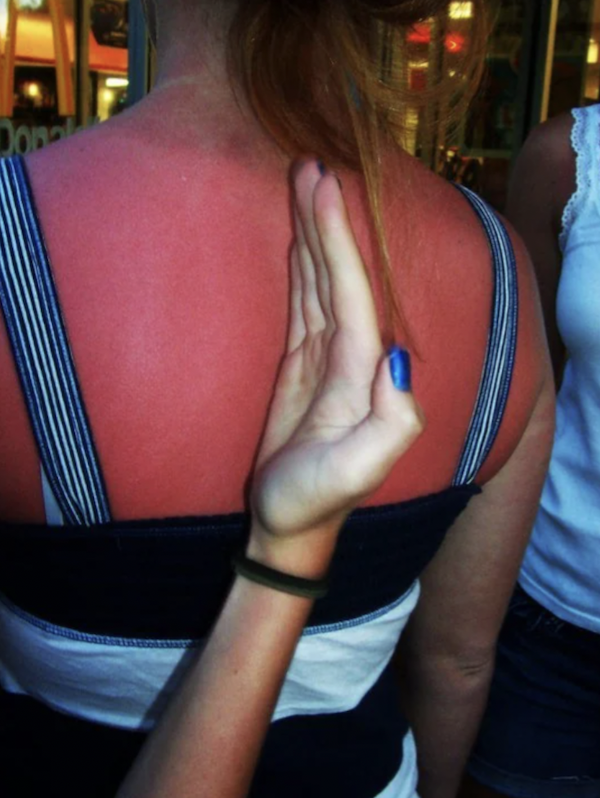



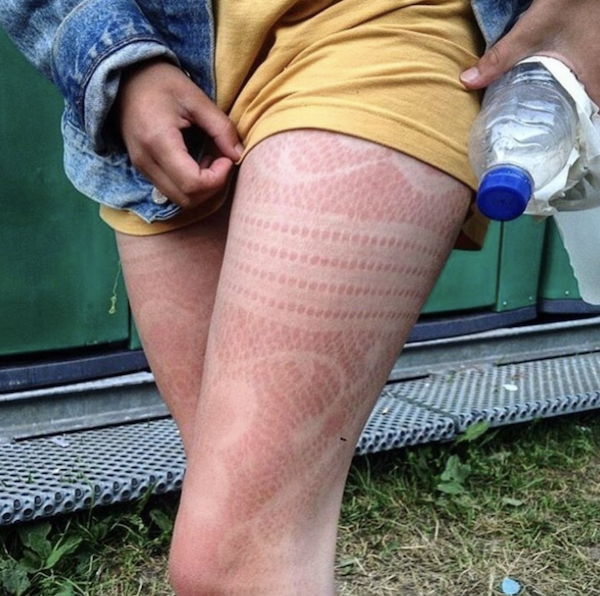













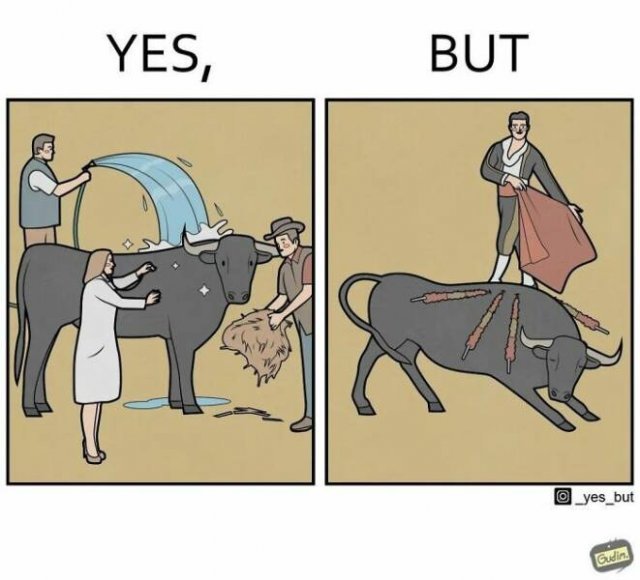





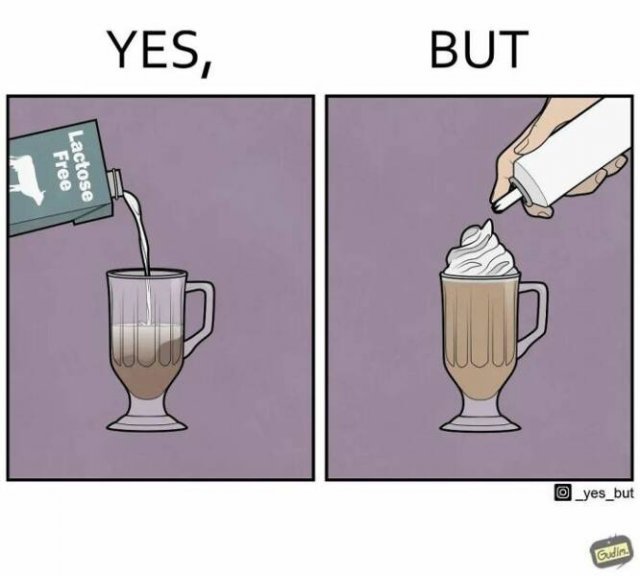






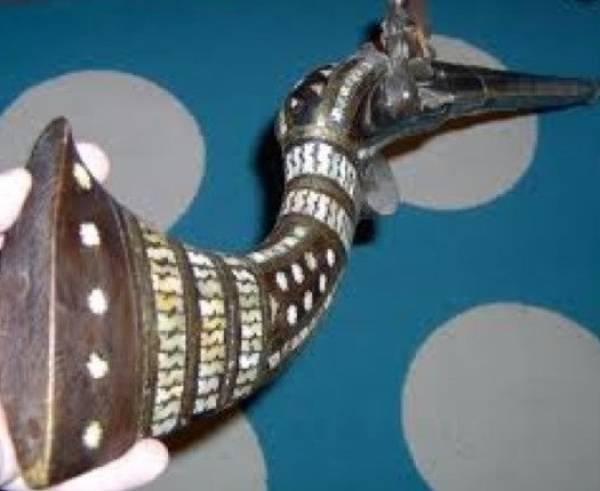

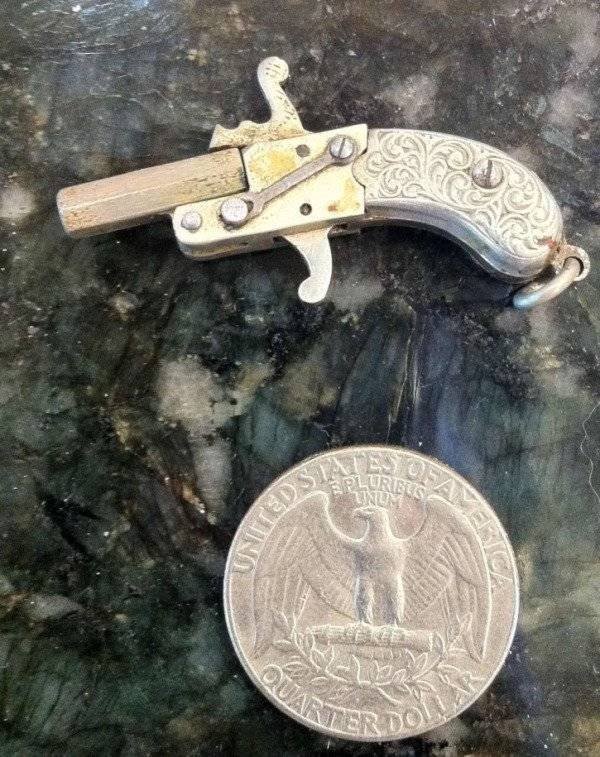


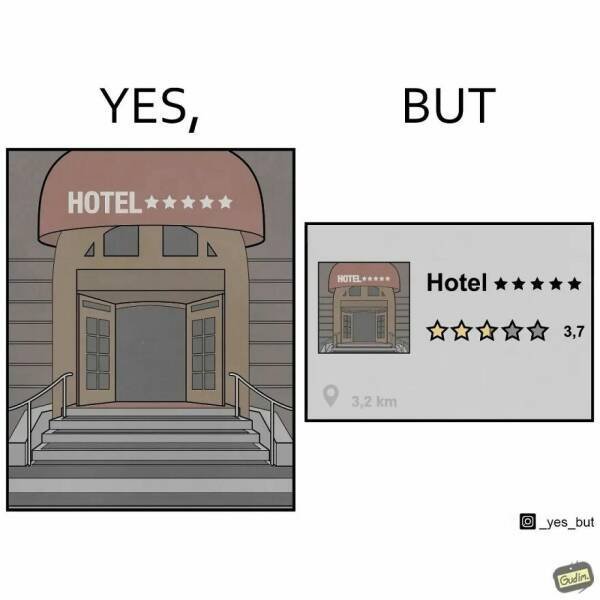




















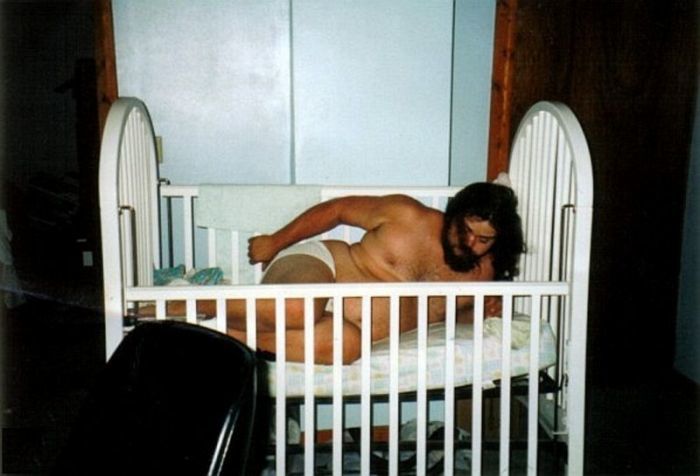












» INTRO TO WORD SMARTS
» PINTEREST ICONIC COMIX
» HISTORY FACTS * Gold wasn't always the top Olympic medal *
» Word Genius Word of the day * occlude *
» JULY NATIONAL CELEBRATION DAYS JULY 26 2024
» QUIZ TREAT QUIZ *Which mammal has the most powerful bite? *
» QUIZ TREAT ANSWER PAGE
» NAT GEO * The 2024 Olympics will likely be the hottest ever *
» NAT GEO * Sharks found with cocaine in their systems *
» WISE TRIVIA QUIZ *What was the first song ever played on the radio? *
» WISE TRIVIA ANSWER PAGE
» E.S.Etaski * Sister Seekers Book 10 now available everywhere! *
» WORD DAILY Word of the Day: * literatim *
» JULY NATIONAL CELEBRATION DAYS JULY 25 2024